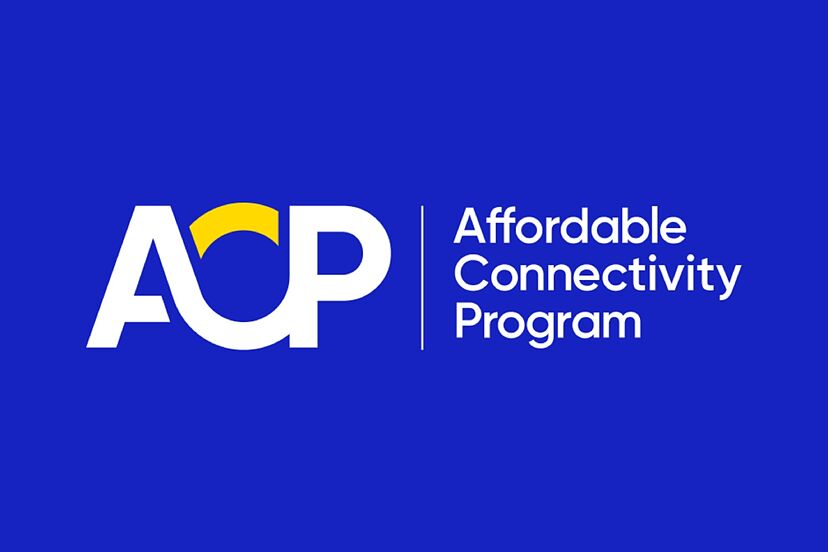
The smarter way to stay on top of the streaming and OTT industry. Sign up below.
You are now subscribed
Your newsletter sign-up was successful
The outlook for the U.S. government’s Affordable Connectivity Program (ACP) remains terminal, with none of the multiple late-hour efforts in Congress intended to replenish funding for the depleted program appearing close to achieving that goal.
Introduced in December 2021 as a way to help low-income Americans afford internet, the subsidy program has been on partial rations since May 1 and will officially run completely out of money on May 31, unless Congress acts to save it.
The cancellation of the ACP, which comes at a time when the U.S. broadband industry is already bleeding customers, with Comcast Cable president and CEO Dave Watson telling investors Tuesday to expect increased customer attrition in the second and third quarters.
On a consumer level, the ACP’s sunset could leave more than 23 million U.S. homes paying up to $40 more each month for internet service, or canceling their service altogether.
And, according to a White House fact sheet, nearly half of ACP subscribers have historically been military families, with seniors, African Americans and Latinos also relying on the service in disproportionately higher rates.
In the past week, two new proposals have surfaced to help refund the program, which is now solely issuing partial payments: one an amendment for an appropriations bill enacted in March, which would include further funding for the ACP; and another that offers a significantly pared-down version of the monthly subsidy.
The latter proposal, introduced Monday by Rep. Brandon Williams (R-N.Y.), also provides that all households enrolled in the program will remain eligible for 180 days after the bill’s passage, before having to re-enroll in the ACP, this time through the National Verifier or National Lifeline Accountability Database in order to combat fraud.
The smarter way to stay on top of the streaming and OTT industry. Sign up below.
According to Williams, the funding for H.R. 8466 would come entirely from existing federal funds, creating no additional taxpayer burden.
But text for the full bill has yet to be released. And with just one co-sponsor — Rep. Anthony D’Esposito (R-N.Y.) — it’s highly unlikely that, if passed, it could provide a solution before vulnerable Americans are impacted by the cancellation of ACP aid.
Meanwhile, Rep. Yvette Clarke (D-N.Y.) introduced the ACP Extension Act in January, a bill to fund the program to the tune of $7 billion, with the most bipartisan support of any ACP action item.
Despite its 230 co-sponsors (technically enough support to pass the House), the bill has stalled on the House floor.
Additionally, a discharge petition filed last month to vote on the bill without the support of House Speaker Mike Johnson failed to receive the necessary absolute majority to bring it to vote, leaving the status of the ACP Extension Act uncertain.
In addition to Congressional efforts to save the bill, Charter’s Spectrum Mobile brand is offering a free mobile line for one year for home internet customers who are losing their ACP benefits.
That’s in addition to a buyout plan, which offers up to $2,500 for customers who switch to Spectrum Mobile and purchase at least three lines.
“Our new phone buyout program is designed to help customers switch from the steep costs associated with other mobile providers,” Sharon Peters, Charter executive VP and chief marketing officer, said in a statement.
While no single program can replace the benefit of the ACP, if it expires, there are a variety of local and state subsidies, and discounted plans that can help those customers struggling with the additional financial burden.
Lifeline, a federal subsidy that provides $9.25 a month to low-income households for internet or cellphone plans is available to individuals with an income totally 135% of federal poverty guidelines or less.
Customers can also receive Lifeline support if they are enrolled in Medicaid, Supplemental Security Income, Federal Public Housing Assistance, Veterans Pension and Survivors Benefit or the Supplemental Nutrition Assistance Program.
Jack Reid is a USC Annenberg Journalism major with experience reporting, producing and writing for Annenberg Media. He has also served as a video editor, showrunner and live-anchor during his time in the field.
